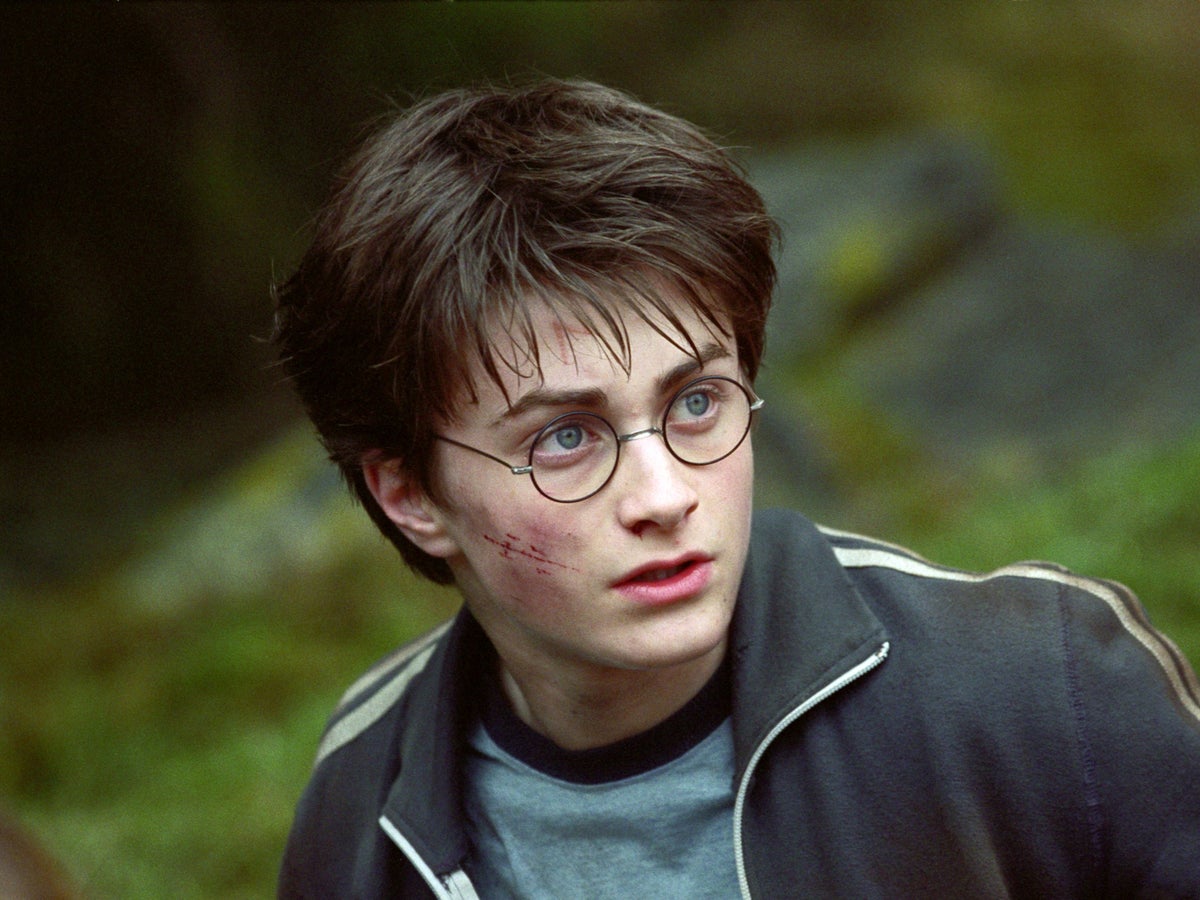
Someone should tell Warner Bros: there’s no such thing as magic. No matter how uncanny the rabbit from the hat, how mesmeric the levitation, it’s always just an illusion. The notion of readapting Harry Potter for a new TV series – as the studio is currently in talks to do – has the neon allure of a great magic trick. One wave of the wand, and you’ve got a seven-season TV sensation at your fingertips. An army of devotees conjured in a flash. That’s the idea, of course. But for us muggles in the real world, things are never so simple.
The truth is, there have been signs for years that Harry Potter’s spell over the general public may be slowly wearing off. This is somewhat inevitable, of course, when you have a brand as globally popular as JK Rowling’s wizarding series once was. The books on their own have made billions of pounds; the eight film adaptations, starring Daniel Radcliffe as the tousle-haired boy wizard, made just as much. Potter’s early 2000s ubiquity was never going to be sustainable.
But in recent years, other unexpected doubts have set in. Some of these, of course, have to do with Rowling, whose public image has been consumed by a transphobia row that has rendered her a deeply unpopular figure with many queer and otherwise progressive audiences. Any new adaptation will inevitably face criticism in this regard, but if the recent sales figures of the Hogwarts Legacy video game are anything to go by, we’re not at the point where Rowling’s association can be considered a meaningful financial deterrent.
There are, however, countless other reasons to question the logic behind a Harry Potter TV series. Less than a year has passed since Warner Bros had to – rather humiliatingly – abandon its spin-off franchise, Fantastic Beasts, halfway through the planned run of five films. There have been a number of factors ascribed to Beasts’ failure. The controversial presences of Johnny Depp and Ezra Miller. The jarring period setting. For many people, though, the problem was that it just wasn’t Harry Potter. While the 2001-2011 films drew mixed critical receptions, they had been embraced wholeheartedly by the Potter fanbase. It scarcely mattered that Radcliffe, Rupert Grint, and Emma Watson were stilted, dramatically uncompelling child actors. To the fans, they were Harry, Ron and Hermione. Likewise, the countless older thesps who filled out the world of Hogwarts: Robbie Coltrane; Maggie Smith; Alan Rickman. How do you possibly re-cast Severus Snape? However good the new cast is, it’s always going to feel like you’ve been served Pepsi and told it’s Coke.
It’s not just Fantastic Beasts that spells doom for HP on the TV. It’s been just months since Prime Video launched its Lord of the Rings adaptation The Rings of Power. Reportedly costing Amazon $1bn to make, The Rings of Power was adapted from a series of fantasy novels, piggybacking on the popularity of some hugely successful film adaptations in the Noughties. Sound familiar? The series, though, was met with a shockingly muted reception, and was dwarfed both in viewership and the cultural conversation by its genre rival, HBO’s House of the Dragon.
It’s a trend we can also see emerging on Disney Plus, as their expensive, widely publicised Star Wars series struggle for a place in the popular imagination. While the first two series of The Mandalorian were considerable hits, every subsequent effort – including The Book of Boba Fett, Obi-Wan Kenobi, the brilliant Andor, and the latest season of The Mandalorian – have failed to catch alight. It’s a valuable lesson: just because something is familiar won’t necessarily make it popular. Studios will pay a premium for a foot in the door, so to speak, but that won’t stop them slamming shut all the same.

You could argue that a new adaptation would present an opportunity to pave over some of the failings of the source material: its lack of racial diversity, for one thing. (The West End stage play made some effort to address this in casting Black actors in the role of Hermione.) The clumsy nomenclature of some of Harry Potter’s racialised characters – the Irish student Seamus Finnigan; the embarrassingly misnamed Cho Chang – is even egregious enough to have become something of an internet meme in recent years. The books’ dearth of queer representation, too, is risible, Rowling’s extratextual outing of Dumbledore notwithstanding. Any TV series could – and surely would – improve on these points. But wouldn’t people be better off just looking elsewhere?
The world certainly doesn’t need another Harry Potter adaptation. Whether it even wants one is still up for debate. One thing’s clear, though: those at Warner Bros should think twice before hedging its bets on another decade of Pottermania. Before long, they may find their chosen one has become their cursed child.







